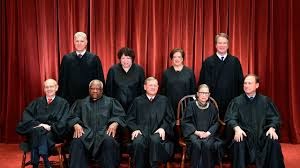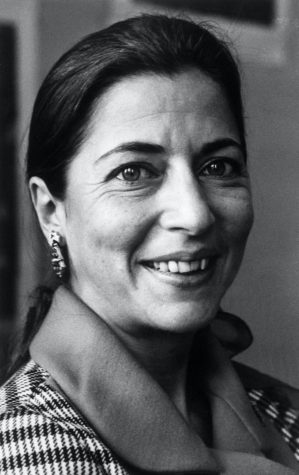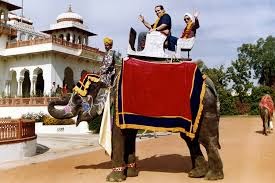Ruth Bader Ginsburg: A Legacy That Will Last Forever
The notorious RBG, feminist icon, champion of gender equality, and supreme court justice.
“Fight for the things you care about, but in a way that will lead others to join you”.
Ruth Bader Ginsburg is a name everyone is familiar with. Arguably one of the most important supreme court justices, Ginsburg made a lasting impact not only for women in America but in the world. In 2018, Ginsburg’s battle with metastatic pancreatic cancer began and on September 18, 2020, Ginsburg (87) died in her home in Washington D.C.

Though her death is amongst one of the many tragedies that occurred in 2020, her legacy has influenced every woman in America. RBG was the second woman to be appointed to the supreme court after Sandra Day O’Connor. Even before being appointed as supreme court justice, Ginsburg was the director of the Women’s Rights Project of the American Civil Liberties Union and challenged the norms and roles of men and women.
Some of her benchmark Supreme court cases that will leave a lasting impact on the world include:
Olmstead v. L.C. 1999:
This supreme court case gave rights to people with disabilities. This case established rights for people with illnesses to live and prosper in communities with others rather than living the rest of their lives in institutions. Ginsburg voted on the decision to liberate people with mental illness from institutions that could harm more. This supreme court case is one of the most prevalent cases of our time as mental health is now more openly talked about. People don’t have to fear being housed in an institution for speaking out about their mental health–or lack of.
Citizens United v. Federal Election Committee 2010:

Roughly around the election season, Citizens United created a documentary tearing apart Hillary Clinton’s name. Because of the 2002 Bipartisan Campaign Reform Act, the documentary was not allowed to be made public. Eventually, it was brought to the Supreme court with Citizens United arguing that the Federal Election Committee mandates were deemed unconstitutional and a violation of the first amendment right. The majority opinion was that the law was unconstitutional and established that money is a form of expression. Not only did this change the way elections can be manipulated but also allows anyone to do practically anything with their money.
Obergfell v. Hodges 2015:
Also known as the case to legalize same-sex marriage, Ginsburg was the first justice to officiate it, saying “we’ve changed our idea about marriage.” While Obergfell v. Hodges was the final step for marriage equality, Ginsburg had been fighting for the LGBTQ community long before. In 2003, Ginsburg overturned sodomy bans in the case Lawrence v. Texas. These bans found homosexuality to be a criminal act. By overturning it, the courts found the criminalization of homosexuality an unconstitutional act.
Ginsburg was involved in the world of politics most of her adult career. She was a left-leaning libertarian on the political spectrum. This means that she wanted as little government interference in human lives and even less personal beliefs affecting law. Even though her job consisted of being political, and she’s known as a political icon, she didn’t let it affect her personal relationships.

Late Justice Antonin Scalia stood on the opposite side of the political spectrum from Ginsburg. He was extremely conservative and when asked what he likes about Ginsburg, he replied with “What’s not to like, except her views on the law”.
It was revealed after his passing that Ginsburg and Scalia were very close friends and often shared weekends and holidays together. Needless to say, Ginsburg made it very clear that regardless of political views, people can still be civil with each other–and even the best of friends.
Ruth Bader Ginsburg was a monumental figure for the Jewish community, women’s rights, and politics. She accomplished so many things during her lifetime–more then most of us could ever think of. Whether you agree with her politics or not, if we all embody a fraction of the lady Ginsburg was, the world would be a little better.






